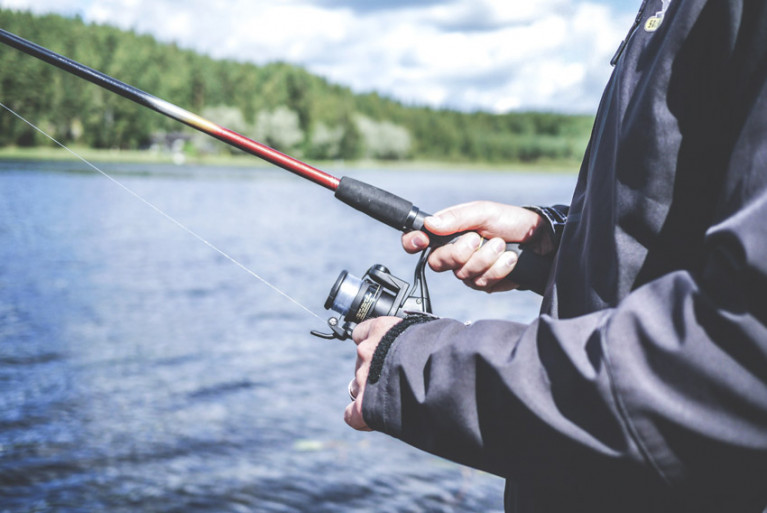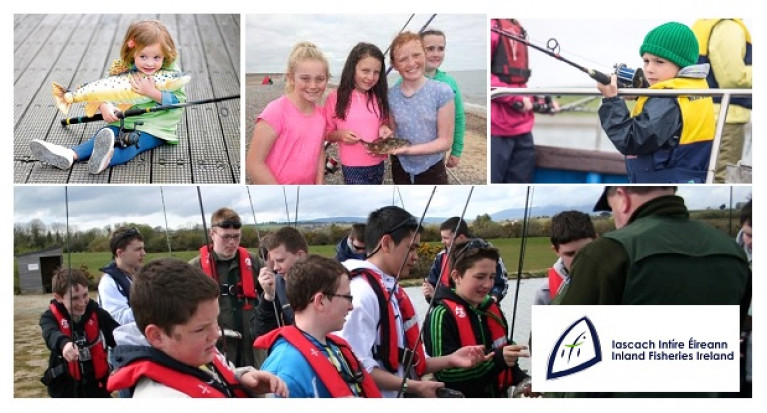Displaying items by tag: Novice Angling Strategy
€120K ‘Angling For All’ Fund To Support Youth & Novice Anglers
A new funding scheme to support novice anglers of all ages and backgrounds is now open for applications.
Inland Fisheries Ireland (IFI) says the €120,000 ‘Angling for All’ fund will contribute between €2,000 and €5,000 for each qualifying project aimed at getting young and novice anglers involved in the sport and pastime.
Applications are invited from all angling clubs within the Republic of Ireland as well as angling representative bodies, local community groups and not-for-profits, and both existing and planned Angling For Youth Development Ireland (AFYDI) hubs.
“Angling is not just a sport; it can offer young people new experiences and opportunities,” says IFI’s Suzanne Campion. “It can also help develop a young person’s skills, self-confidence and motivation whilst promoting physical exercise and good health.”
The closing date is Tuesday 13 October and all applications must be submitted via the IFI website.
As previously reported on Afloat.ie, IFI is also currently inviting submissions for its new Novice Angling Strategy, titled ‘Let’s Fish’, which is aimed at growing angling participation nationwide.
Submissions Sought On IFI’s Novice Angling Strategy
Inland Fisheries Ireland (IFI) is inviting submissions for its new Novice Angling Strategy, titled ‘Let’s Fish’, which is aimed at growing participation in the sport and pastime.
Based on a series of consultations last year with anglers, angling clubs and representative groups, as well as non-anglers, the draft strategy is currently under going environmental assessments.
In the meantime, the State agency responsible for Ireland’s inland fisheries is seeking input from its stakeholders regarding the main barriers to increasing angling participation, and how its vision — “All fishing together” — can be achieved between now and 2025.
“The social and economic value of angling in Ireland is significant; over 270,000 people identify themselves as anglers,” says IFI’s Suzanne Campion.
“The Let’s Fish strategy will work to connect people to angling and the environment and make it accessible to everyone.”
All members of the public are also invited to share their input into the Novice Angling Strategy on the IFI website HERE.

























































